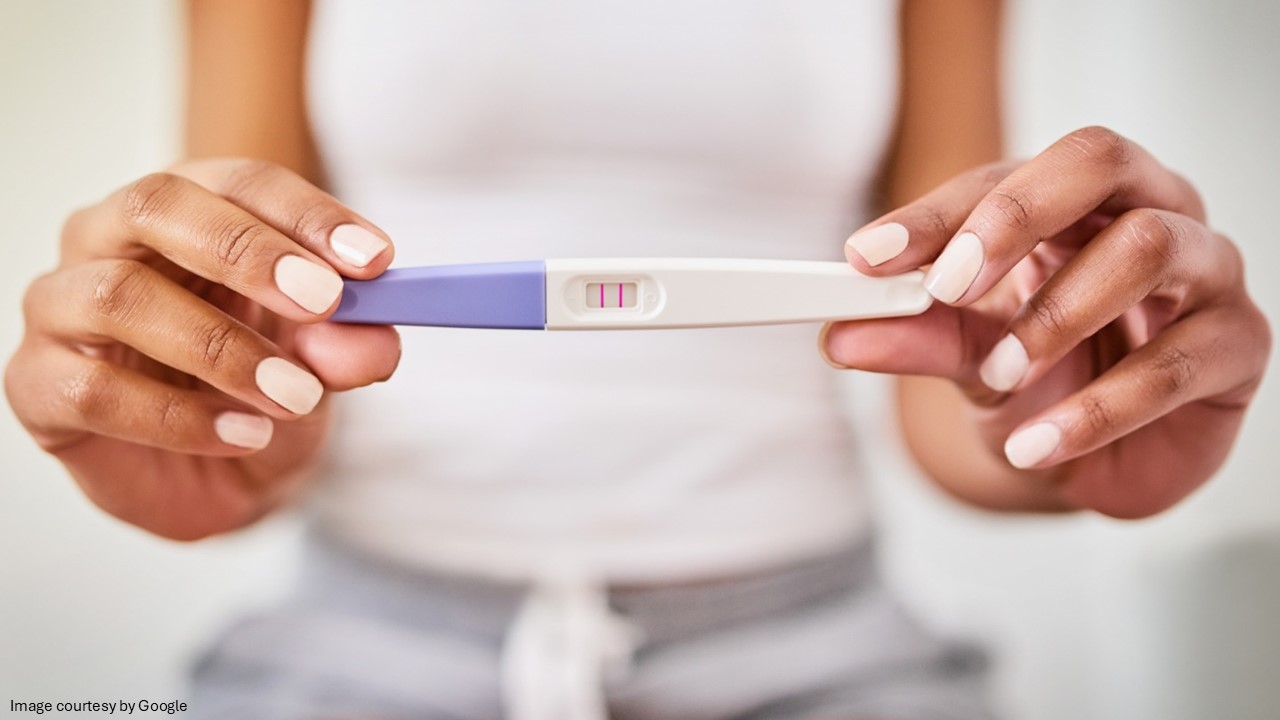HCG (Human Chorionic Gonadotropin) is a hormone essential for pregnancy, and its levels can vary significantly between individuals. Besides pregnancy, high HCG levels may be a sign of a health condition, such as liver disease or cancer. This blog discusses HCG levels unrelated to pregnancy, along with the potential causes of low and high levels.
HCG: Introduction
During pregnancy, the placenta starts producing HCG. For maintaining a pregnancy, HCG triggers the body to produce another hormone called progesterone. It helps to develop new blood vessels in the uterus. It also helps to smooth the muscle cells of the uterine wall, which is crucial for maintaining pregnancy. You may be familiar with HCG, as it is the hormone that all pregnancy tests measure in the urine. If you take a home pregnancy test, it can detect HCG levels that indicate pregnancy about 1 to 2 weeks after conception. A health care specialist can also check the pregnancy status by conducting a blood test to detect HCG levels. Testing HCG levels in the bloodstream can also help healthcare providers identify certain underlying conditions, including cancers, and assess the effectiveness of cancer treatment.
Levels of HCG in pregnancy
HCG levels in pregnancy may vary from one pregnant woman to another. A test measures HCG levels in units per litre. During the initial eight weeks of pregnancy, the concentration of HCG in the bloodstream and urine usually doubles every 24 hours. HCG levels peak around ten weeks, then decline until 16 weeks, and remain stable thereafter. A urine HCG level as low as 6.3 to 12.5 U/I can be detected in pregnancy tests. However, a pregnancy test typically detects levels between 20 and 50 U/L.
- Low levels: Low levels of HCG are not always the cause of concern. If low levels are detected, it may only indicate a potential health problem that warrants investigation. Low levels could also be an indication of improper fetal growth. Additionally, there are no treatments available for low HCG levels. HCG meds can be given to support pregnancy. They usually come in the form of HCG shots and should be used under medical supervision.

A very low level of HCG can be found in:
Ectopic pregnancy: It occurs when a fertilised egg implants and grows, usually in a fallopian tube, which brings eggs from the ovary to the womb (uterus). They can also develop in the ovary, cervix or abdominal cavity. It is considered a medical emergency which requires immediate treatment. The treatment usually involves the removal of the ruptured fallopian tube. The pregnancy is not viable as there is no place for the egg to grow and develop. The symptoms are quite similar to those of pregnancy, which is why they are often not recognisable by most women. These include unusual vaginal bleeding, pressure on the rectum, mild abdominal pain, pelvic pain, low back pain, and mild cramping of the pelvic region. If not treated, it may lead to a ruptured fallopian tube, which may cause sharp, sudden abdominal pain, shoulder pain, weakness, dizziness, or fainting.
- High levels: Like low HCG levels, high levels are not necessarily an indication of a problematic pregnancy. Some individuals tend to have high levels.
Women with high HCG levels could point towards the presence of twins or triplets, though only an ultrasound can provide accurate information regarding this.
Reasons for high hCG levels unrelated to pregnancy: An increased level of HCG in the bloodstream may help your healthcare specialist diagnose gestational trophoblastic disease (GTD), and germ cell tumours of the testicles (both cancerous and non-cancerous tumours. If you have stomach, pancreatic, liver, breast, lung, or skin cancer, HCG levels may be higher than normal. The results of an HCG test can help your healthcare provider determine if treatment is working. A reduced level or a return to normal levels of HCG may indicate that the treatment is working. Unchanged HCG levels or elevated levels may show that the cancer is not responding to treatment.
HCG levels that do not indicate pregnancy
Normal HCG levels are usually undetectable in women who are not pregnant, and of course, in men. Higher levels, as mentioned above, can point to underlying medical conditions such as:
-
- Certain types of cancers, including cancer of the stomach, liver, pancreas, breasts, lungs and skin
- Germ cell tumours of the ovary and testicles, which may be benign or malignant
- Stomach ulcers
- Cirrhosis
- Inflammatory bowel disease
Healthcare specialists prescribe HCG to control the symptoms of hypogonadism, where the testicles are unable to produce enough sperm, testosterone, or both.
When to check
Pregnant women experiencing vaginal bleeding or frequent abdominal cramps should get immediate medical help. One should consult a healthcare professional if any of the following apply:
-
- Having difficulty conceiving
- Appearance of blood in the urine, vomit, stool or phlegm
- Observe changes in bowel movements
- Develop a lump in their breasts or testicles
- Unexplained weight loss
- A cough that doesn’t resolve, shortness of breath and chest pain
- Skin changes, appearance of moles that change shape or bleed
Summary
Everyone has the hormone HCG. The hormone plays a crucial role in pregnancy, during which levels increase significantly. There is a broad range of possible diagnoses for an increased human chorionic gonadotropin. The level of HCG in your bloodstream may be higher than normal levels because you have conceived or you have a certain kind of bowel disease, liver cirrhosis, or stomach ulcer. You may have high levels of HCG if you smoke marijuana or cannabis. A high or low level during pregnancy could point towards a health problem, but it is not always the case. In other individuals, high levels of HCG indicate an underlying health problem, possibly one that affects fertility.




